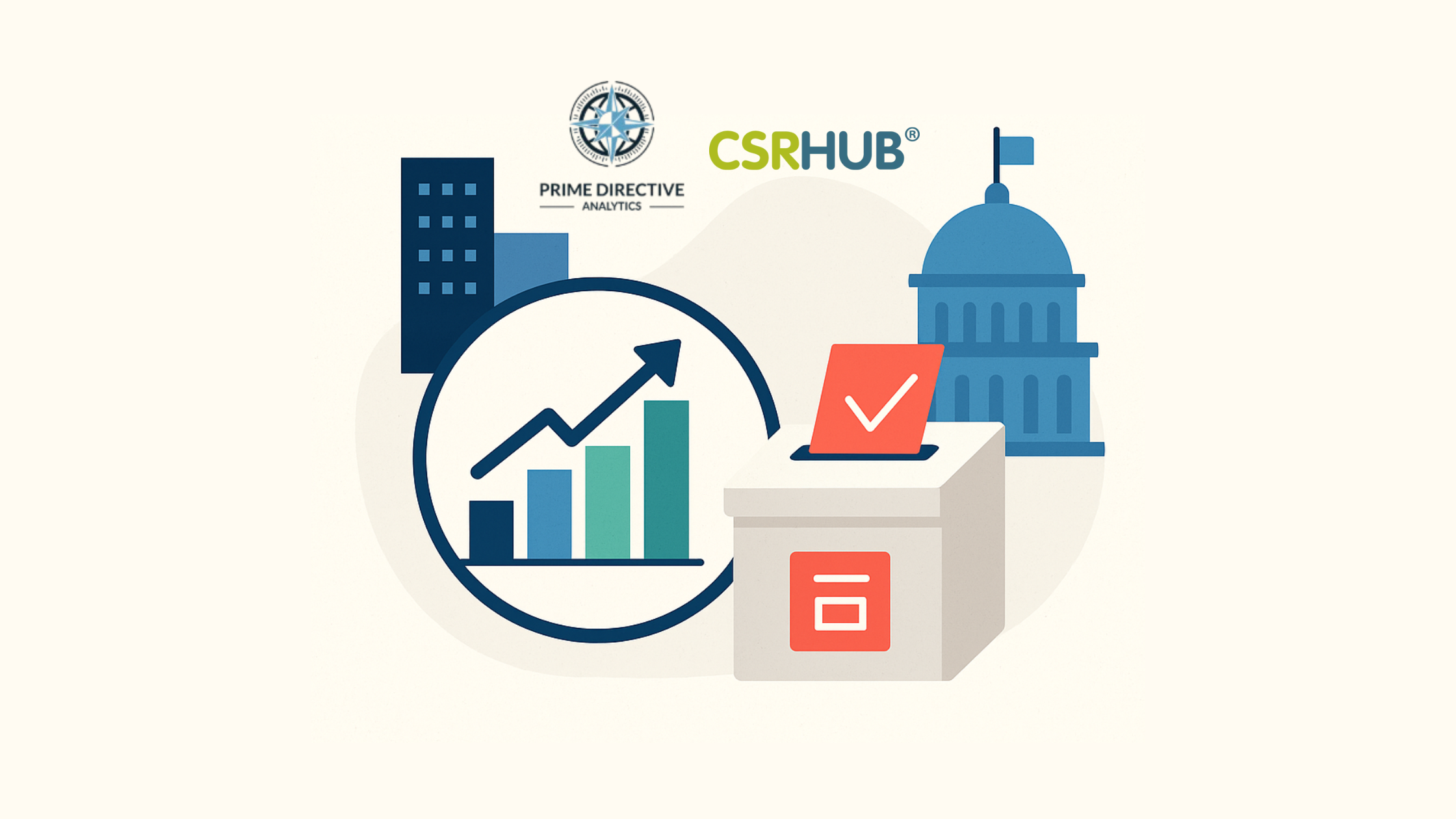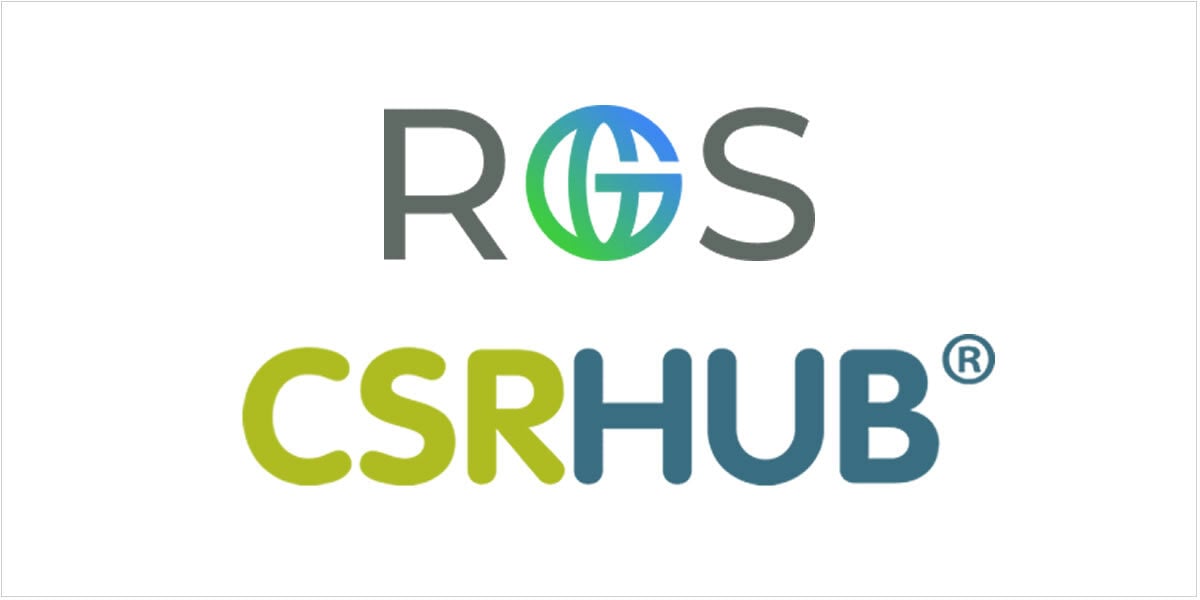By Bahar Gidwani
The term “impulse control” describes how some people are able to delay the gratification of their desires, and resist temptation. The Wall Street Journal recently pointed out a good study by Fuld & Co. that describes how various groups of corporate managers reacted when faced with an ethical decision. I’ll let you read the details for yourself. What interested me was that Fuld & Co. measured (and contrasted) the level of ethical self-control exhibited in different industries.
As you can guess, we can also do a by-industry investigation of ethical behavior patterns with our 5,000-company dataset. We have two ratings that relate directly to ethics and impulse control—a subcategory called “Leadership Ethics” and one called “Training Health, & Safety.”
The Fuld & Co. study reported that healthcare and pharmaceutical managers had the highest ethical standards, followed by government and education, manufacturing, technology, and financial and business services.
Our ratings are quite different. We give our highest scores among the industries they mention to the services area for both leadership ethics and on the training issues that should drive employee behavior. Our lowest scores go to the manufacturing area—especially durable goods manufacturing.
| Industry |
Leadership Ethics | Training, Health & Safety |
| Healthcare | 47.8 | 43.5 |
| Education & Government | 47.9 | 44.4 |
| Durable Goods | 47.4 | 40.4 |
| Consumer Goods | 46.8 | 42.6 |
| Technology | 47.6 | 43.7 |
| Finance & Real Estate | 48.4 | 41.9 |
| Services | 52.0 | 46. |
Of course, there is an apples to oranges element to these comparisons. Fuld & Co. got its answers directly from the responses of senior executives. Our data comes from the opinions of thousands of outsiders who follow the companies we rate. Fuld & Co. studied 104 companies--most based in the US. We track about 5,000 and about half are non-US.
There is also a contrast in the way Fuld & Co. set up its survey. They asked their subjects a hypothetical question—one that could be seen as a test of their aggressiveness or competitiveness. In this context, many business people may be tempted (encouraged?) to lean towards a less fundamentally ethical action. However, when faced with a real world decision—or when asked to provide leadership and direction to the employees who work for them—managers may damp down their hormones and control those bad impulses.
Notice that some of the industries that Fuld & Co. identified as less ethical seem to have better training scores in our system? Perhaps these industries have already realized that managers in their businesses need help with impulse control. We’ll try to get more details on this study and get more answers to the questions it raises.
Bahar Gidwani is a Cofounder and CEO of CSRHUB. Formerly, he was the CEO of New York-based Index Stock Imagery, Inc, from 1991 through its sale in 2006. He has built and run large technology-based businesses and has experience building a multi-million visitor Web site. Bahar holds a CFA, was a partner at Kidder, Peabody & Co., and worked at McKinsey & Co. Bahar has consulted to both large companies such as Citibank, GE, and Acxiom and a number of smaller software and Web-based companies. He has an MBA (Baker Scholar) from Harvard Business School and a BS in Astronomy and Physics (magna cum laude) from Amherst College. Bahar races sailboats, plays competitive bridge, and is based in New York City.


